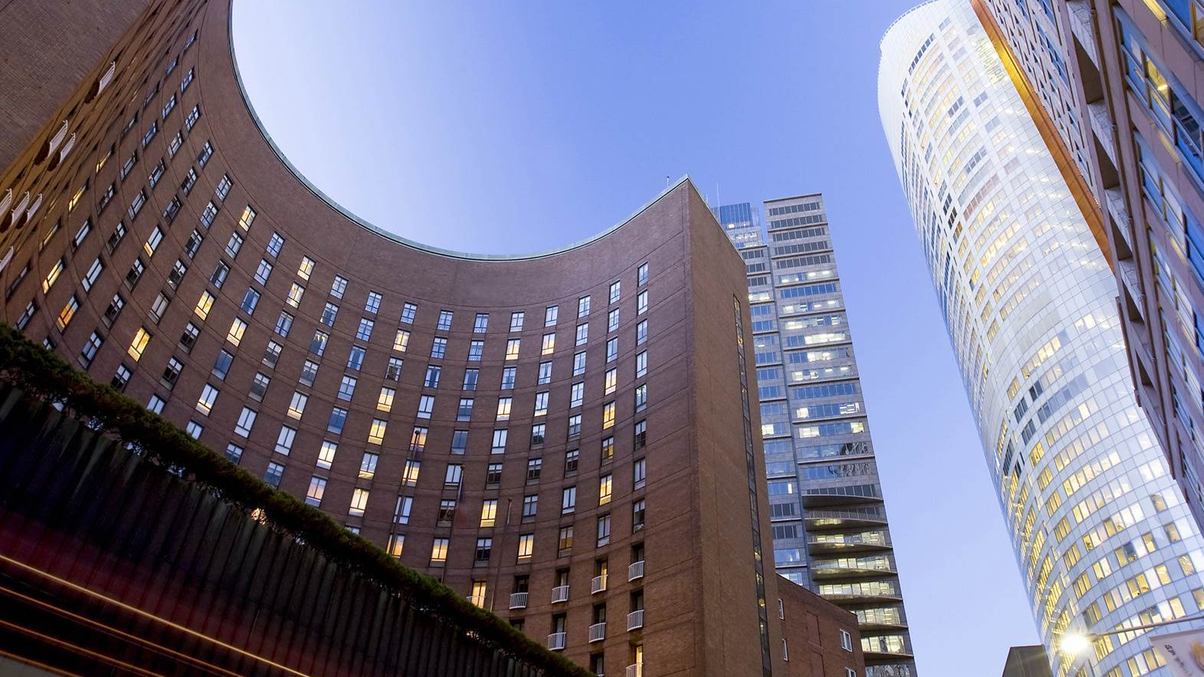Aviva deal boosts JP Morgan's Asia footprint
The acquisition of Aviva Investors' Asia-Pacific direct property business substantially expands JP Morgan Asset Management's real estate assets, headcount and client base in the region.

It’s a tale of contrasting fortunes in Asia.
Sign in to read on!
Registered users get 2 free articles in 30 days.
Subscribers have full unlimited access to AsianInvestor
Not signed up? New users get 2 free articles per month, plus a 7-day unlimited free trial.
¬ Haymarket Media Limited. All rights reserved.


